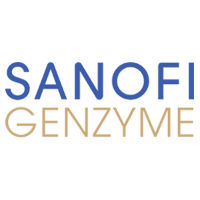Background: The objective of this study was to determine the maximum tolerated dose and safety of LR-103, a Vitamin D analogue, in patients with advanced cancer.
Methods: In Step A, patients received oral LR-103 once daily in 14-day cycles with intra-patient dose escalation per accelerated dose escalation design. Dose limiting toxicity for Step A was defined as ≥grade 2 hypercalcemia and/or >grade 2 other toxicities. Starting dose was 5 µg/day. Step B used a 3+3 design starting at Step A maximum tolerated dose with 28-day cycles. Dose limiting toxicity was defined as ≥grade 3 hypercalcemia or any grade 3 or 4 non-hematologic toxicity, except hypercalciuria.
Results: Twenty-one patients were enrolled; eight were treated in Step A. At dose level 3 (15 µg/day), two patients had dose limiting toxicity. One had grade 4 hyperuricemia. The other had grade 4 GGT plus grade 3 alkaline phosphatase, fatigue and urinary tract infection (UTI). Dose level 2 (10 µg/day) was the maximum tolerated dose for Step A and was starting dose for Step B. The dose was escalated to dose level 5 (30 µg/day) with a patient experiencing grade 3 dose limiting toxicity of hypercalcemia. The study was discontinued before reaching the maximum tolerated dose due to sponsor decision. Modest increases in serum osteocalcin and calcium and decrease in parathyroid hormone were noted. Best response was stable disease; four patients were on therapy for six months or longer.
Conclusion: Step A dose limiting toxicities limited accelerated dose escalation. The maximum tolerated dose of LR-103 was not reached prior to study termination and this agent is no longer being developed.







